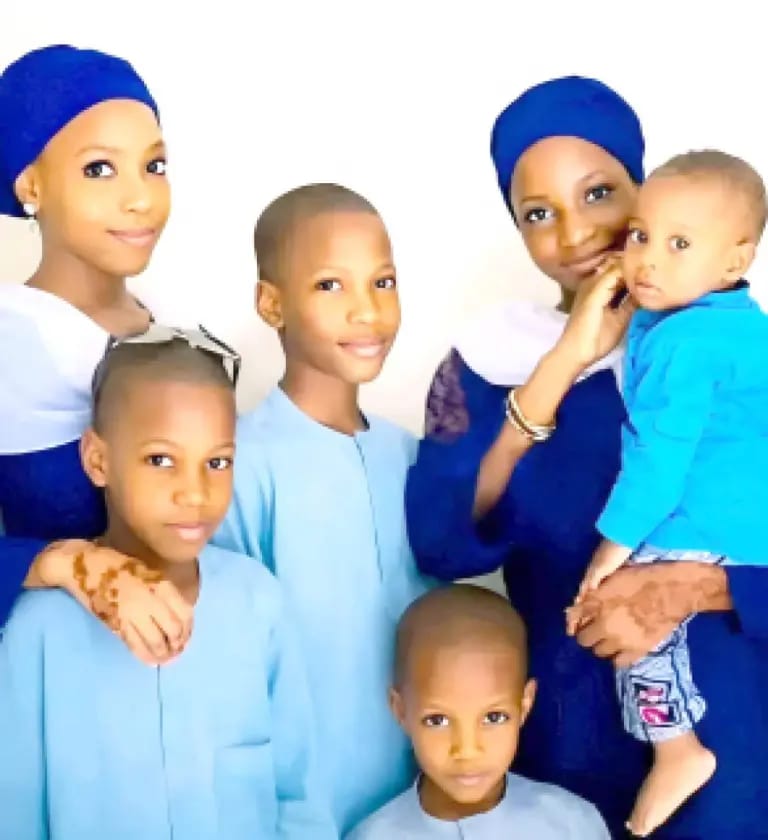In a firm and carefully worded statement, the Federal Government of Nigeria has reiterated its unwavering commitment to religious tolerance and freedom of worship across the country. This declaration came shortly after comments made by United States President Donald Trump, who expressed concern over the alleged persecution of Christians in Nigeria. The Nigerian government, in response, stated that Trump’s remarks do not reflect the true situation on the ground, emphasizing that Nigeria remains a nation that respects all religions equally and continues to protect the rights of all its citizens, regardless of faith.
Nigeria’s Official Response: Promoting Unity Amid Diversity
The Federal Government maintained that religious diversity remains one of Nigeria’s greatest strengths. According to the statement, the government continues to implement inclusive policies that protect the fundamental rights of citizens, ensuring that no individual or group is discriminated against on the basis of religion or belief.
The government reaffirmed that Nigeria’s constitution upholds freedom of religion and belief, adding that this principle is deeply rooted in the country’s democratic and social framework. Officials stressed that any narrative suggesting systematic persecution of a particular religious group is not only misleading but also harmful to the collective unity and peaceful coexistence of Nigerians.
Background: Trump’s Comment and Its Implications
Donald Trump’s recent statement had raised concerns both locally and internationally. The U.S. president reportedly referred to Nigeria as a country where Christians face an “existential threat,” describing the situation as alarming and in need of urgent attention. His comment sparked debate across diplomatic and religious circles, drawing varied reactions from Nigerian religious leaders, human-rights organizations, and political observers.
While some groups viewed Trump’s comments as an expression of international concern, others criticized them as exaggerated and uninformed. The Nigerian government, in its official reaction, clarified that the president’s remarks were based on outdated or incomplete information and did not accurately represent the reality of Nigeria’s evolving security and religious landscape.
Federal Government’s Message of Reassurance
In its statement, the government reassured both local and international communities that Nigeria remains steadfast in its mission to safeguard the rights and freedoms of every citizen. Authorities stressed that despite ongoing challenges such as insecurity and extremism, Nigeria’s approach to governance has always been anchored in equality, fairness, and national unity.
The statement further explained that religious extremism and violence in some regions of the country are not representative of the Nigerian people or government policy. Instead, these acts are the result of isolated incidents often driven by criminal or extremist motivations rather than religious doctrine. The government pledged to continue working with local and international partners to address these threats decisively.
Commitment to International Cooperation and Religious Freedom
Reiterating its diplomatic stance, the Nigerian government emphasized its respect for the United States and other international partners who advocate for global peace, democracy, and religious freedom. It noted, however, that constructive engagement and factual understanding are crucial in addressing shared challenges such as violent extremism, disinformation, and social division.
Nigeria’s reaffirmation of religious tolerance comes at a time when global attention on human rights and freedom of religion has intensified. The government expressed its readiness to continue engaging with international stakeholders to promote mutual understanding, respect, and partnership for peace.
Religious Tolerance as a National Value
Religious coexistence has long been a defining characteristic of Nigeria. With an estimated population of over 220 million people divided almost evenly between Christianity and Islam, along with traditional and other faiths, Nigeria stands as one of the world’s most religiously diverse nations. Over the decades, Nigerians have learned to live, work, and worship together despite periodic tensions.
The government’s latest statement reinforces this shared identity, underscoring that faith should remain a unifying force rather than a source of division. National unity, the government stated, can only thrive when all citizens respect one another’s beliefs and reject narratives that seek to sow discord.
Analysts’ Reactions and Public Opinion
Political and social analysts have weighed in on the development, describing the federal government’s response as timely and appropriate. According to several commentators, maintaining a clear position on religious tolerance is vital for Nigeria’s image on the global stage, especially at a time when international organizations closely monitor religious-freedom indicators.
Many Nigerians have also taken to various platforms to express support for the government’s message, commending the emphasis on unity, dialogue, and peaceful coexistence. Others, however, called on the government to go beyond rhetoric and intensify efforts to address security concerns, particularly in areas affected by religiously motivated violence.
Looking Ahead: Nigeria’s Path Toward Inclusive Harmony
As Nigeria moves forward, the federal government reiterated its determination to preserve the nation’s unity and ensure that all citizens—Christians, Muslims, and adherents of traditional religions—can live together in peace and dignity. The statement concluded with a call for Nigerians to reject hate speech, intolerance, and misinformation, which continue to pose threats to social stability and development.
This renewed declaration of commitment to religious tolerance not only serves as a reassurance to citizens but also signals Nigeria’s continued alignment with global democratic and human-rights values.
Conclusion
The Federal Government’s response to Donald Trump’s comment underscores Nigeria’s enduring stance on unity in diversity. By reaffirming its dedication to protecting religious freedom, the government has once again projected the country’s image as a multi-faith, democratic, and inclusive nation determined to overcome divisions and build a peaceful future.
In a world increasingly marked by polarization and conflict, Nigeria’s message of tolerance stands as a reminder that diversity, when embraced with sincerity, can be a nation’s greatest strength.



